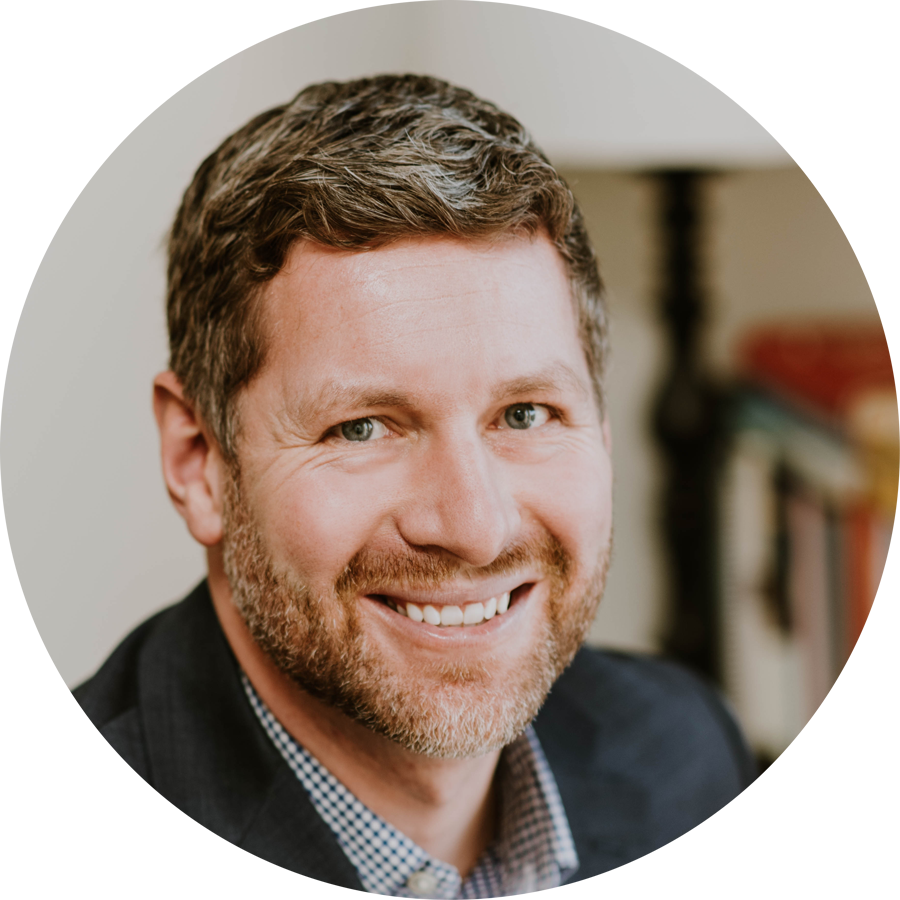50 Rules for a happy life: a therapist's guide to contentment and growth
Blog entry by Dan McMillan, M.Ed., R. Psych.
1. Own your life.
Choose how to live it. Be intentional. You are constantly making choices about the direction of your life. Ultimately, you are responsible for the life you create. Don’t be passive to your own life, it doesn’t last forever.
2. Your relationships are an interactive system with two people participating.
Look for what you do to contribute to your patterns, not just what they do. Stop trying to only change them, influence them by changing yourself. Learn more..
3. Bigger and better doesn't make you happier.
More money, success, accomplishments, or other external things only makes you temporarily happier, if at all. Pursue internal happiness.
4. Nature heals.
Get outside. Often.
5. Exercise helps.
Move your body regularly. Sweat.
6. Wherever you go, there you are.
You are the common denominator in your life. If you notice patterns, you are contributing to their occurrence.
7. Problematic behaviour still serves a purpose.
All of our parts serve or have served us at one point. If you are doing something that hurts you but is hard to stop, look at what it is doing to protect you.
8. Emotions matter.
Whether you like it or not. No one is comfortable with the core emotions of sadness, shame, fear, and core anger, but they drive our lives. Spend time understanding your feelings, not just your thoughts. Learn more..
9. Realize when you are hiding behind thought.
Your thoughts aren’t as accurate as you think they are. Our mind works well when resourced but when overwhelmed it can be an enemy. Stop taking thoughts so seriously and look at what feelings are driving them.
10. All people suffer.
Being human means to suffer. Learn how to honour your suffering instead of minimizing or dismissing it. Particularly to yourself. This will liberate you from your reactivity.
11. Stop self-dismissing.
Dismissing pain doesn’t make it go away. When you can honour your core hurts you can treat them. Be brave and try to see your pain clearly.
12. Ego has no place in relationships.
Be yourself, be seen, be imperfect, be vulnerable. Ditch the ego.
13. Your worth is inherent.
You are worthy just as you are, an imperfect human being trying their best. Liberate yourself from having to prove otherwise to yourself or others. You have universal human worth just for existing. You are no more or less worthy than anyone else. Nothing you can do will make you more or less worthy of a human being. Free yourself from the dangers of pursuing external validation. Practice this often, especially in moments of shame.
14. Compassion is crucial.
Every human being suffers. To understand someone’s actions, understand their suffering. If you can’t see their suffering you don’t yet understand them. But remember too that compassion does not mean ignoring your boundaries. You should have both compassionate understanding and healthy boundaries.
15. We're all connected.
You’re not as independent as you think you are. Human beings are interdependent pack animals that rely heavily on each other. Those that securely trust and rely on others are happier and better off.
16. Get to know your own attachment strategies.
Do you avoid, anxiously cling, securely bond, or some combination of these three? This will help you understand your patterns.
17. Stop distracting yourself and make space.
We need quiet space to process life. Just as you stop eating to digest, stop ingesting content and find quiet space for yourself, often.
18. Human beings are vastly complex and deep.
Stop searching for simple answers. Find ingredients that help but don’t rest on one solution.
19. Shame is inherent but not helpful.
Seek compassion when it arises. Give this to yourself often.
20. Energy can not be created or destroyed, only transferred.
Disallowed and suppressed emotions hurt you. Yet we all do this to some degree. Consider what feelings you were taught not to express when you were little and how they might bleed out in other ways.
21. Like all things in nature, feelings have a natural course, learn to allow it.
Notice your core, not secondary, feeling. Observe it, experience it, and express it in an appropriate way. Notice the need that arises, and then share it all vulnerably with someone who cares. Any other deviation is likely to cause you or your life harm.
22. You are responsible for your resentment.
You allowed a boundary to be crossed or gave more than you were comfortable with. It’s on you to undo this by recreating balance and owning your resentment to the person you’re holding it against.
23. The human experience of life is complicated and unpredictable.
Not everything can be planned, controlled or fixed. Learn to sail the waves rather than trying to control or avoid them.
24. We grasp onto things when we are afraid.
Learn to soothe the fear rather than try to control it or others.
25. The body speaks in its own way.
If you ignore your mind and emotions for long enough, they will show themselves through illness or pain. If you won’t listen to your heart, then listen to your body.

26. Relationships are everything.
They matter most to our happiness and even our health. Value them and make time for them in all their different forms.
27. Hurt people hurt people.
You are responsible for healing your pain so you don’t, consciously or unconsciously, pass it on to the world. You are not bad, just hurt. If you really want to change then face your pain, don’t just shame yourself and then repeat. Hold compassionate responsibility.
28. Shame creates blame.
29. Defenders and actualizing!
We are forever split between our defensive parts that want us to be safe, and the vulnerable parts that want us to live authentic, connected, rewarding lives. Both matter. Honour both. The goal is to create a healthy balance between the two, not eradicating your defenses. Like every animal in nature, we need our defenses as well.
30. Drink enough water.
31. Eat how you want to feel.
32. Limit screen time.
Go outside!
33. Purpose matters.
Find and create purpose and meaning in your life.
34. It's good to have goals but don't ignore the present moment.
Life is in the now.
35. Listen to the quiet voice inside that tells you to dance, climb, run, play, or sing.
It’s wiser than you think.
36. Balance is key.
A balanced life is a healthy life.
37. Redefine success.
A happy, healthy, connected, meaningful life is success!
38. Idealizing your parents doesn't heal you.
Your parents were imperfect human beings like the rest of us. They tried their best but made mistakes. To understand yourself, you have to understand your wounds. To understand many of your wounds, you have to allow your parents to be imperfect and have failed. This doesn’t make them bad or blamed.
39. Have the courage to be vulnerable.
Most good things come from vulnerability. It is necessary for intimacy and connection.
40. One person's hurt doesn't invalidate your own.
Listen to another’s pain, don’t judge it. This is especially true for people who are different from you. Own your privilege.
41. Healthy expression of gender and sexuality matter.
Let go of the unhealthy lessons you’ve learned that hurt you to find your own path.
42. Don't throw the spiritual baby out with the religious bath water.
Find your own personal exploration of spiritual or existential growth that makes sense to you as it arises inside you.
43. Be curious about the world, others and yourself.
It’s a cool place!
44. Listen openly.
To be truly heard is a rare gift. Give it to others.
45. Practice humility in life.
You are not in control of life’s path. Find peace in, or despite, this.
46. Be authentic.
You have a responsiblity to be your authentic self. The world doesn’t need more actors. Authenticity however is not an excuse to hurt others.
47. The three most important phrases in a romantic relationship are: I love you, I need you, and I am sorry.
Learn to say and mean all three. Often.
48. Repair, repair, repair.
You can’t always get it right, so it’s important to learn to make amends. It is never too late to say, “I’m sorry.”
49. How you were treated greatly determines how you treat yourself.
How you treat yourself determines how you treat others. Break the cycle. Treat yourself and others with loving-kindness when you can, and vulnerably communicate and ask for reassurance when you can’t.
50. Participate in community.
Find a way to be a part of something. Share your gifts and yourself with others.
Article by: Dan McMillan, M.Ed., R. Psych.

Based out of Calgary, Alberta Daniel McMillan is a psychologist and therapist offering individual and couples counselling. He focused on the areas of attachment, trauma, and relationships in his counselling in Calgary, Alberta. Dan is also the author of Badger and Turtle Face the Storm, a children’s book on managing a difficult relationship pattern that affects most families.